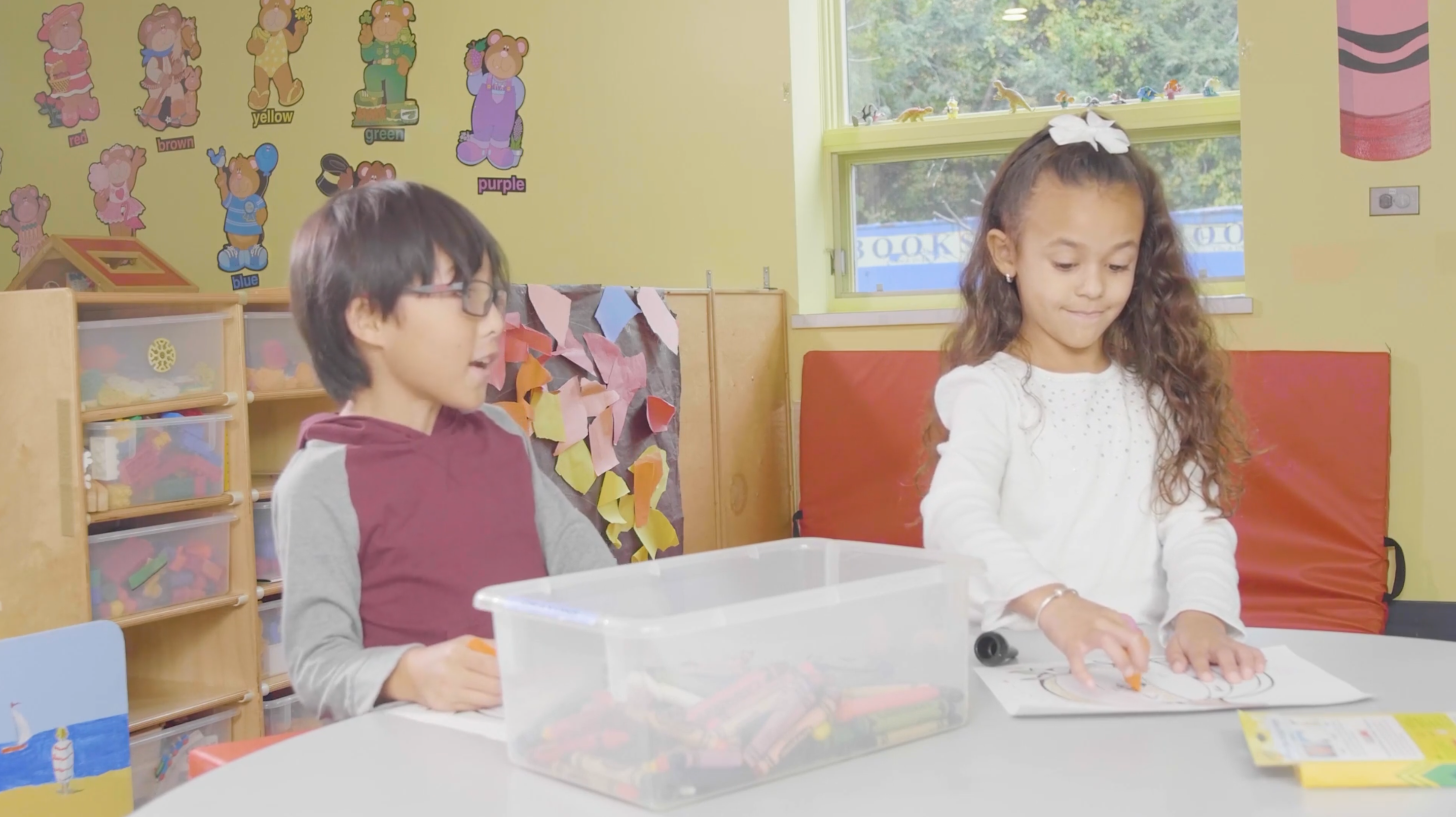Integrating Social-Emotional Learning (SEL) in the classroom helps students develop essential skills that contribute to their overall growth. In this blog post, we will focus on teaching PreK students the importance of answering friends when they talk to them. By developing this skill, children learn to be polite, attentive, and empathetic friends, which fosters positive relationships and a supportive learning environment.
Introduction
When young children learn to answer their friends, they are developing crucial social skills that will serve them well throughout their lives. By understanding the importance of acknowledging and responding to others, they can build strong relationships, practice active listening, and develop empathy. These skills are vital components of SEL and contribute to a child’s overall well-being.
No-Prep Activity: The “Answer the Call” Game
In this simple, no-prep activity, educators can help students practice answering friends in a fun and engaging way. To play the “Answer the Call” game, follow these steps:
- Have students form a circle, with the educator standing in the center.
- The educator will call out a student’s name and ask them a simple question, such as “What’s your favorite color?” or “What do you like to do on the weekend?”
- The student must answer the question and then ask a different question to another student in the circle.
- Continue playing until every student has had the opportunity to answer and ask a question.
This activity not only teaches students the importance of answering friends but also encourages active listening and turn-taking.
Discussion Questions
After completing the “Answer the Call” game, use these discussion questions to further explore the topic:
- Why is it important to answer friends when they talk to us?
- How do you feel when someone doesn’t answer you? How do you think others feel when you don’t answer them?
- What can you do to be a better listener and make sure you are answering your friends?
- How does answering friends help build strong relationships?
- Can you think of a time when you didn’t answer a friend? What could you have done differently?
Related Skills
Teaching students the importance of answering friends is just one aspect of SEL. Here are some related skills that can help students develop strong social-emotional abilities:
- Active listening: Encourage students to pay close attention when others are speaking and to ask clarifying questions if needed.
- Empathy: Help students understand and share the feelings of others, which can lead to more supportive and caring friendships.
- Turn-taking: Teach students the importance of waiting their turn to speak and allowing others to contribute to conversations.
- Respect: Show students how to treat their friends and classmates with kindness and consideration, regardless of their differences.
Next Steps
Now that you have learned about the importance of teaching PreK students to answer friends and have explored a fun, no-prep activity, it’s time to take the next step in your SEL journey. To access free samples of skill-building materials and to explore more SEL resources, sign up at Everyday Speech. By incorporating these valuable resources into your classroom, you can help your students develop essential social-emotional skills that will benefit them throughout their lives.






